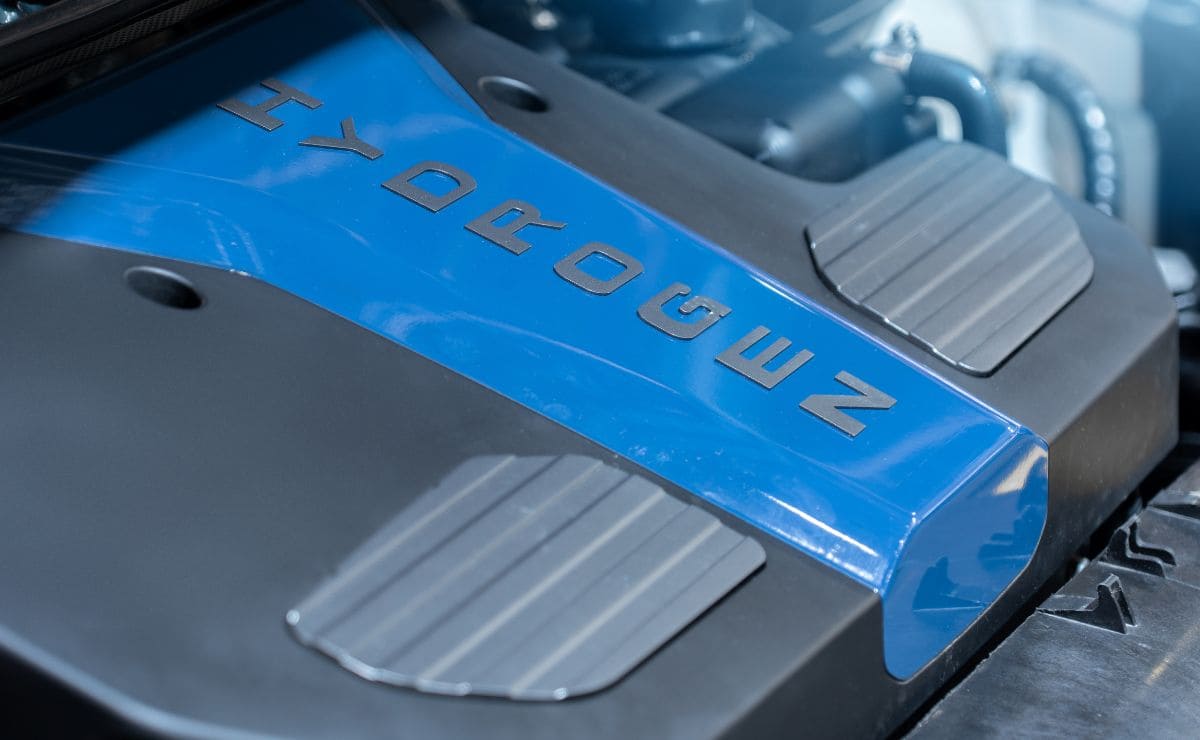Electric vehicles (EVs) have emerged as a prominent solution in the quest for sustainable transportation. However, recent developments suggest that their dominance might be short-lived, especially with the rapid advancements in hydrogen engine technology. This technology promises to offer a more cost-effective, safer, and environmentally friendly alternative.
The Rise of Hydrogen-Powered Vehicles
Honda has recently made headlines by embracing the new era of hydrogen fuel cell vehicles, signaling a departure from their focus on electric vehicles. This shift doesn’t imply a complete abandonment of electric mobility; rather, it indicates Honda’s belief in a diversified approach to technology. The company continues to explore various technologies, including traditional fuel cells, but with a renewed emphasis on hydrogen.
Honda’s strategy, although seemingly slower in execution, is multifaceted. They aim to gain market share and flexibility, with a long-term vision centered on hydrogen. This approach is in line with their commitment to explore different methods to reduce the environmental impact of transportation. While electric cars offer a short-term solution, their production and disposal processes, particularly concerning batteries, still pose environmental challenges.
Hydrogen: A Sustainable and Effective Alternative
Honda’s bet on hydrogen stems from its potential to power vehicles sustainably without compromising on performance or efficiency. This technology is not only environmentally friendly but also potentially more affordable, paving the way for widespread adoption.
Inoue Katsushi, Honda’s leader of Electrification Projects, has projected that by 2040, all of Honda’s sales will comprise hydrogen or electric vehicles. However, the exact distribution between these technologies remains unspecified. Currently, Honda is actively investing in fuel cell projects and hydrogen research, recognizing the potential of these technologies in the automotive sector.
The Future of Automotive Technology
The automotive industry is witnessing the emergence of various technologies, leading to uncertainty about which will eventually dominate. Honda’s current focus on fuel cells and hydrogen research is a significant indicator of their strategic direction. The goal is not just to capture market share but also to contribute to the development of sustainable mobility solutions. This includes enhancing user experience in terms of comfort, power, and overall vehicle efficiency.




